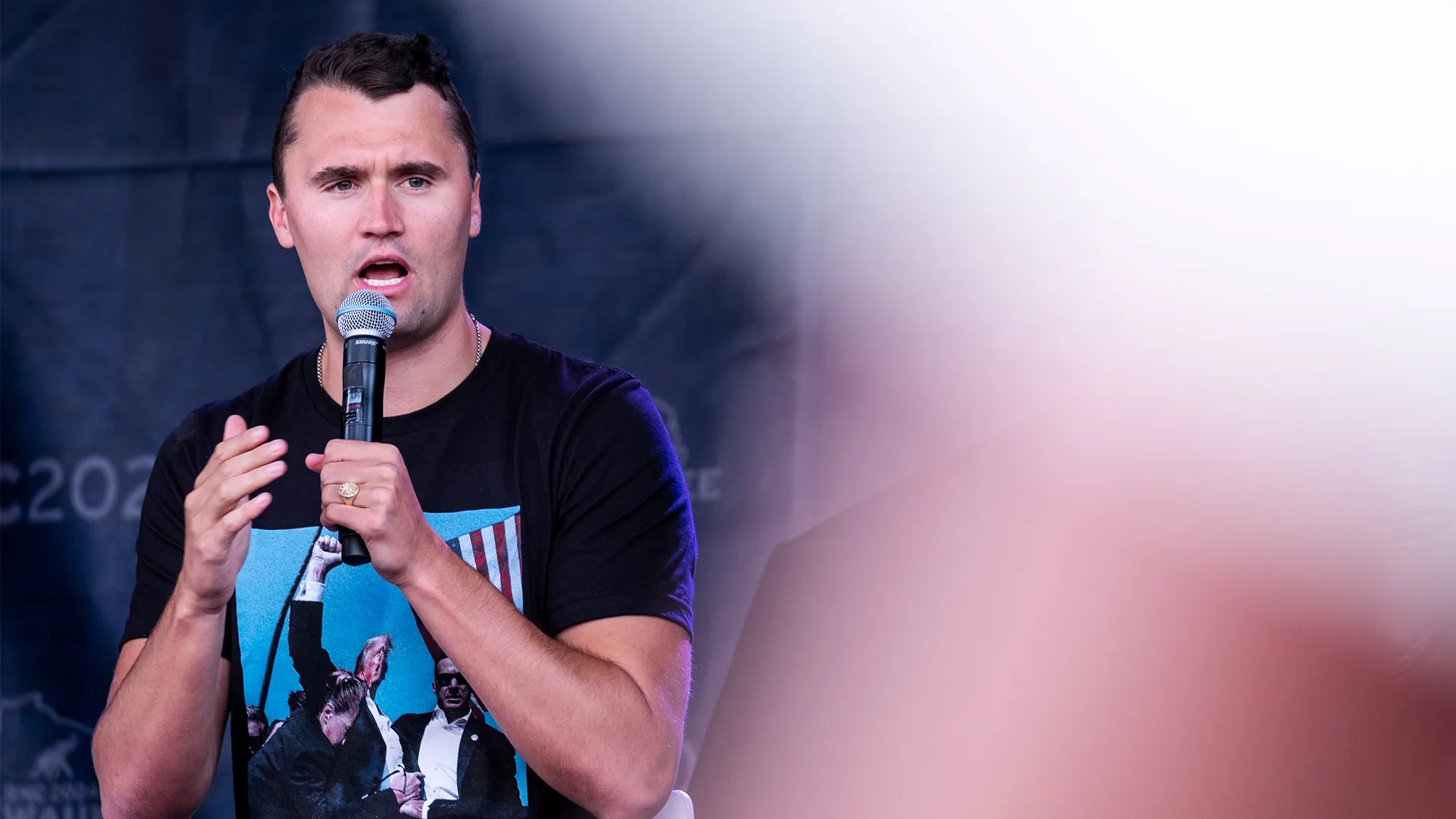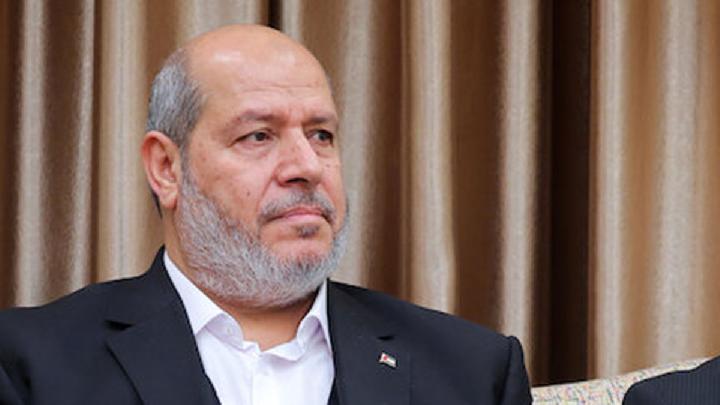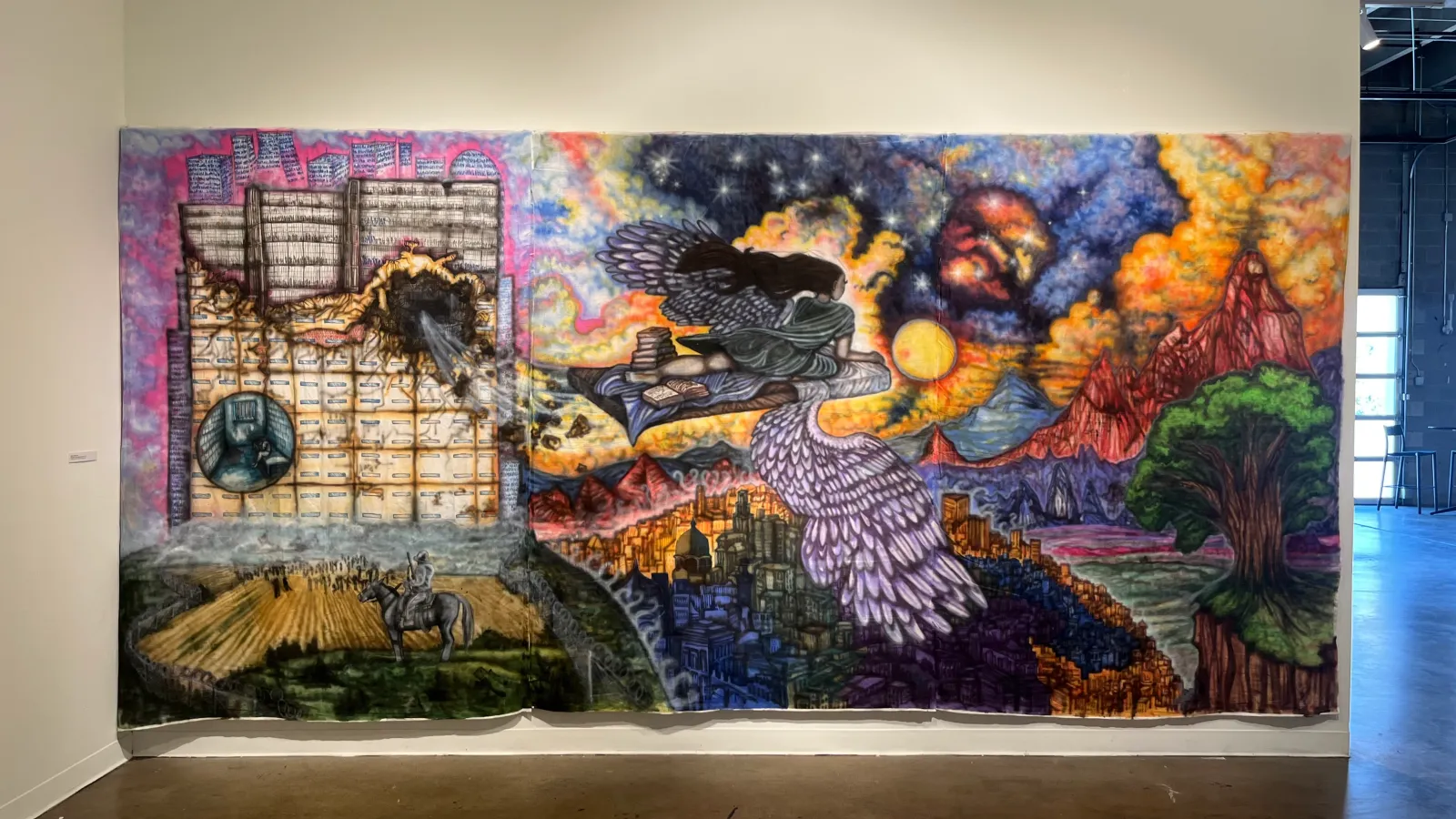By Ta-Nehisi Coates
Copyright vanityfair

The mentions of “debate” and “engagement” are references to Kirk’s campus tours, during which he visited various colleges to take on whoever come may. That this aspect of Kirk’s work would be so attractive to writers and politicians is understandable. There is, after all, a pervasive worry, among the political class, that college students, ensconced in their own bubbles, could use a bit of shock therapy from a man unconcerned with preferred pronouns, trigger warnings, and the humanity of Palestinians. But it also shows how the political class’s obsession with universities blinds it to everything else. And the everything-else of Kirk’s politics amounted to little more than a loathing of those whose mere existence provoked his ire.
Kirk habitually railed against “Black crime,” claiming that “prowling Blacks go around for fun to go target white people.” He repeated the rape accusations against Yusef Salaam, a member of the exonerated Central Park Five who is now a New York City councilman, calling him a “disgusting pig” who had gotten away with “gang rape.” Whatever distaste Kirk held for Blacks was multiplied when he turned to those from Haiti. Haiti was, by Kirk’s lights, a country “infested with demonic voodoo,” whose migrants were “raping your women and hunting you down at night.” These Haitians, as well as undocumented immigrants from other countries, were “having a field day,” per Kirk, and “coming for your daughter next.” The only hope was Donald Trump, who had to prevail, lest Haitians “become your masters.”
The point of this so-called mastery was as familiar as it was conspiratorial—“great replacement.” There was an “anti-white agenda,” Kirk howled. One that sought to “make the country more like the Third World.” The southern border was “the dumping ground of the planet,” he claimed, and a magnet for “the rapists, the thugs, the murderers, fighting-age males.” “They’re coming from across the world, from China, from Russia, from Middle Eastern countries,” he said, “and they’re coming in and they’re coming in and they’re coming in and they’re coming in…”
You can probably imagine where this line of thinking eventually went.
“Jewish donors,” Kirk claimed, were “the number one funding mechanism of radical open-border, neoliberal, quasi-Marxist policies, cultural institutions, and nonprofits.” Indeed, “the philosophical foundation of anti-whiteness has been largely financed by Jewish donors in the country.”
Kirk’s bigotry was not personal, but extended to the institution he founded, Turning Point USA. Crystal Clanton, the group’s former national field director, once texted a fellow Turning Point employee, “I HATE BLACK PEOPLE. Like fuck them all … I hate blacks. End of story.” One of the group’s advisers, Rip McIntosh, once published a newsletter featuring an essay from a pseudonymous writer that said Blacks had “become socially incompatible with other races” and that Black culture was an “un-fixable and crime-ridden mess.” In 2022, after three Black football players were killed at another college, Meg Miller, president of Turning Point’s chapter at the University of Missouri, joked (“joked”) in a social media message, “If they would have killed 4 more n-ggers we would have had the whole week off.”
Kirk subscribed to some of the most disreputable and harmful beliefs that this country has ever known. But it is still chilling to think that those beliefs would be silenced by a gunshot. The tragedy is personal—Kirk was robbed of his life, and his children and family will forever live with the knowledge that a visual record of that robbery is just an internet search away. And the tragedy is national. Political violence ends conversation and invites war; its rejection is paramount to a functioning democracy and a free society. “Political violence is a virus,” Klein noted. This assertion is true. It is also at odds with Kirk’s own words. It’s not that Kirk merely, as Klein put it, “defended the Second Amendment”—it’s that Kirk endorsed hurting people to advance his preferred policy outcomes.
In 2022, when Kirk was frustrated, for instance, by the presence of Lia Thomas on the University of Pennsylvania women’s swim team, Kirk did not call for “spirited discourse.” Instead, while discussing a recent championship tournament, he said he would have liked to have seen a group of fathers descend from the stands, forming “a line in front of [Lia] Thomas and saying, ‘Hey, tough guy, you want to get in the pool? ’Cause you’re gonna have to come through us.” Mere weeks before his death, Kirk reveled in Trump’s deployment of federal troops to DC. “Shock and awe. Force,” he wrote. “We’re taking our country back from these cockroaches.” And in 2023, Kirk told his audience that then president Joe Biden was a “corrupt tyrant” who should be “put in prison and/or given the death penalty for his crimes against America.”
What are we to make of a man who called for the execution of the American president, and then was executed himself? What are we to make of an NFL that, on one hand, encourages us to “End Racism,” and, on the other, urges us to commemorate an unreconstructed white supremacist? And what of the writers, the thinkers, and the pundits who cannot separate the great crime of Kirk’s death from the malignancy of his public life? Can they truly be so ignorant to the words of a man they have so rushed to memorialize? I don’t know. But the most telling detail in Klein’s column was that, for all his praise, there was not a single word in the piece from Kirk himself.
Words are not violence, nor are they powerless. Burying the truth of the Confederacy, rewriting its aims and ideas, and ignoring its animating words allowed for the terrorization of the Black population, the imposition of apartheid, and the destruction of democracy. The rewriting and the ignoring were done not just by Confederates, but also by putative allies for whom the reduction of Black people to serfdom was the unfortunate price of white unity. The import of this history has never been clearer than in this moment when the hard question must be asked: If you would look away from the words of Charlie Kirk, from what else would you look away?



